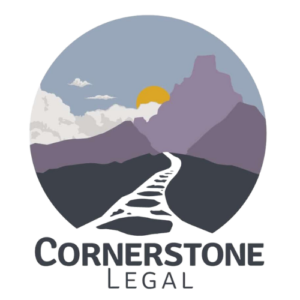We all like to think that we’ve become savvy enough to spot a scam from a mile away. After all, we’ve been around the block a few times and can easily tell when something seems too good to be true. However, scammers are constantly evolving and adapting their tactics to take advantage of people. It’s important to stay informed about common frauds and hoaxes. This article discusses some of the most prevalent scams today so you can be informed.
If you think you have been a victim of identity theft, here is a Free Check For Identity Theft
Common Frauds Today
Fake Charities
One common scam targeting seniors is fake charities. Scammers may call or visit seniors, claiming to be from a charity and asking for donations. They often use high-pressure tactics and emotional appeals to convince seniors to give money. To protect yourself, always research a charity before donating, and never give out personal information over the phone or door-to-door.
Medicare/Health Insurance Fraud
Seniors are also frequently targeted by scammers posing as Medicare representatives or health insurance agents. These fraudsters may offer fake services or products and ask for personal information such as social security numbers and bank account details. Remember, Medicare will never call or visit you unsolicited, so be wary of anyone claiming to represent them.
Investment Scams
Scammers also target seniors with investment schemes that promise high returns on their money. These fraudulent investments often involve complex financial jargon and pressure to act quickly. Be cautious of any investment opportunity that sounds too good to be true and always seek advice from a trusted financial advisor before making any decisions.
Grandparent Scam
The grandparent scam preys on the love and concern grandparents have for their grandchildren. Scammers will pretend to be a grandchild in trouble and ask for money to help with an emergency like bail money or medical bills. If you receive a call like this, take a moment to verify your grandchild’s identity before sending any money.
Sweepstakes/Lottery Scams
Another common scam targeting seniors is the sweepstakes or lottery scam, where scammers claim that the victim has won a large sum of money but must pay taxes or fees upfront to claim it. Remember, legitimate lotteries do not require winners to pay anything upfront, so if you receive this type of call, it is likely a scam.
Tech Support Scams
Scammers also use technology as a means of targeting vulnerable seniors. They may call or send pop-up messages claiming to be from a tech support company and offering to fix computer issues for a fee. Never give remote access to your computer or pay for services from an unsolicited caller.
Romance Scams
Seniors looking for companionship may also fall victim to romance scams, where scammers create fake profiles on dating websites and build relationships with their victims before asking for money. Be cautious when interacting with strangers online and never send money to someone you have not met in person.
Power of Attorney/Will Fraud
Some scammers target seniors by posing as lawyers or financial advisors and offering to create power of attorney documents or wills for a fee. These fraudulent documents can give the scammer control over the senior’s assets. Always consult with a trusted lawyer or advisor when creating legal documents.
Home Repair Scams
Scammers may also target seniors by offering home repair services at discounted prices but then overcharging for shoddy work or even stealing valuables from the home. Be cautious of anyone who shows up uninvited at your door offering services and always research companies before hiring them.
Protect Yourself
The best way to protect yourself from estate planning fraud is to stay informed and be cautious when dealing with unfamiliar people or situations. Educate yourself on common scams targeting seniors, never give out personal information unless you are certain it is safe, and always seek advice from trusted professionals before making any financial decisions.
Remember, Cornerstone Legal cares about your well-being and is committed to fighting elder abuse in our community. Contact us today!
Give me a call at (517) 708-2222 or email me at Katrina@CornerstoneLegalPLLC.com.



